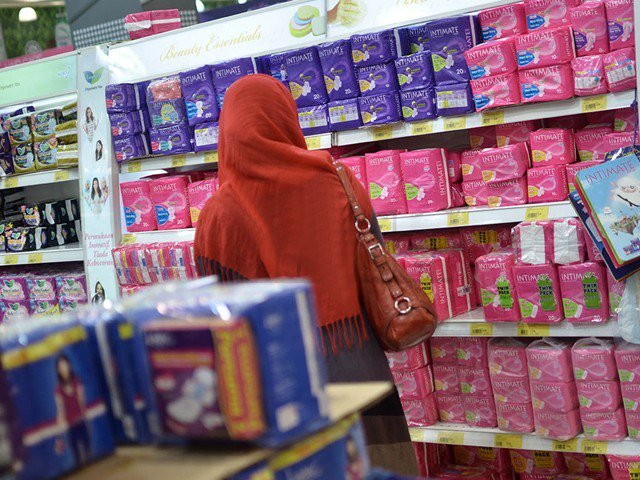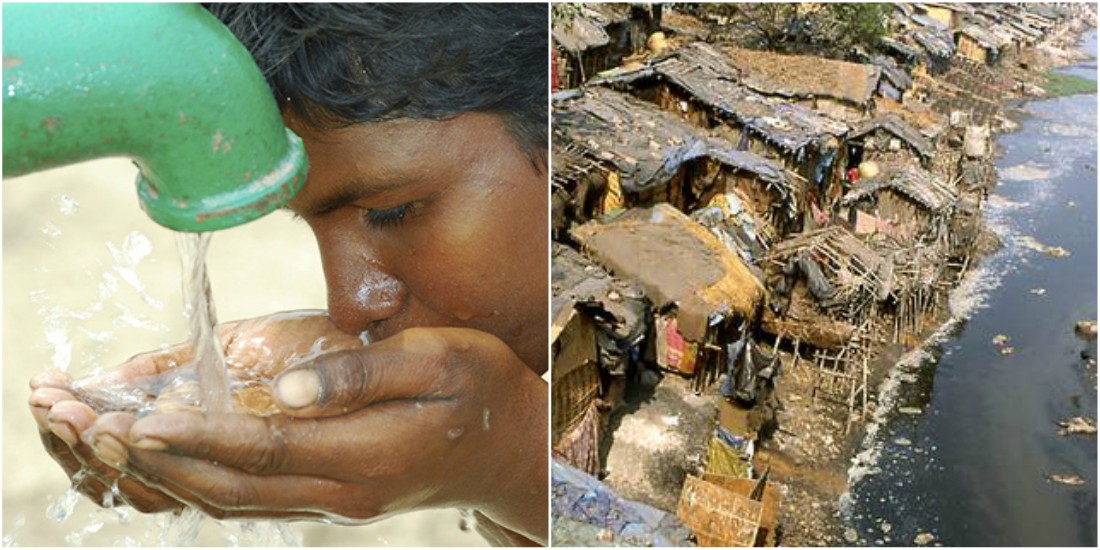Disclaimer*: The articles shared under 'Your Voice' section are sent to us by contributors and we neither confirm nor deny the authenticity of any facts stated below. Parhlo will not be liable for any false, inaccurate, inappropriate or incomplete information presented on the website. Read our disclaimer.
I was in grade 11 at a public school. I remember I was not wearing underwear to school that day, and I got my period. I was in one of the largest government colleges for girls in Islamabad and the school administration had nothing to help me.
[adinserter block=”3″]
They offered me a piece of twine, and a roll of toilet paper which they suggested I could fold in and the twine could hold the toilet paper of course! That was one day in my 16 years of menstruating and yet I’m appalled to this day when I think about it. It was traumatic thinking the toilet paper might slip out of my trousers and what if somebody saw? I couldn’t sit. I couldn’t stand. I couldn’t climb the stairs to get on the bus to get back home!
That’s me, the very privileged young woman in Islamabad with access to all the sanitary and hygiene supplies available in the supermarket. 79% of girls in Pakistan, however, do not have the luxuries that I have. They aren’t able to manage their menstruation hygienically causing severe psychological and gynecological problems, and you know what else?

Source: BBC
A significant number of girls actually drop out of schools in Pakistan since no proper menstrual hygiene management facilities are available at schools. They drop out, and they don’t come back to finish their education only because they belong to a group of 2 billion girls worldwide for whom mensuration is a monthly reality, not a choice they make. That’s when the natural demand of a body that procreates is treated as unnatural and untouchable.
25 million people in Pakistan do not have access to clean and safe toilets leading them to defecate in the open with no dignity or privacy, and more vulnerability in case of menstruating women to disease and infection.

Source: Dettol
Where they are available, there is no clean water and there is no way to clean up or discreetly dispose of used rags or leaves, all the while being so ashamed of having become these unclean lepers who are excluded from various social activities such as cooking and playing.
As dismal the situation may be, a lot of work is being done to counter this situation in Pakistan by various local and international organizations, but is it enough? Not sure about that. There is so much work to be done at so many levels, from changing the mindset and busting myths and taboos around menstruation to a provision of actual facilities that help in easy and convenient hygiene management.
I remember couple years ago, Arunachalam Muruganantham from a poor family rose to the status of MHM hero in India when he revolutionized menstrual health for rural women by inventing the simple machine they could make cheap sanitary pads. His invention is now being used widely in India since it came at such low cost!

Source: Twitter
A number of similar cheap and inventive products are being designed in other developing countries as well for which international agencies provide tremendous financial and technical support. Some of these opportunities do exist in Pakistan as well for those with an innovative mind and a need to resolve society’s critical problems such as the menstrual hygiene innovation challenge going around on Facebook these days which is looking for innovative tools, models, and services.
[adinserter block=”12″]
The challenge is open to males and females all over the country, who will not only get substantial seed money for winning ideas but mentoring and technical support as well. These opportunities are worth exploring and certainly to be looked into, however, they do not receive much interest from young people these days and typically go flat.
What better than your creative energies go into finding a hack for the MHM challenge – win some money, but more than that, make meaning that will enable millions of girls across Pakistan to be more aware, confident and hygienic. And that too, in a society, where accept what is natural, where we talk about our issues and find resolutions together that not a few, but all of us can benefit from.







